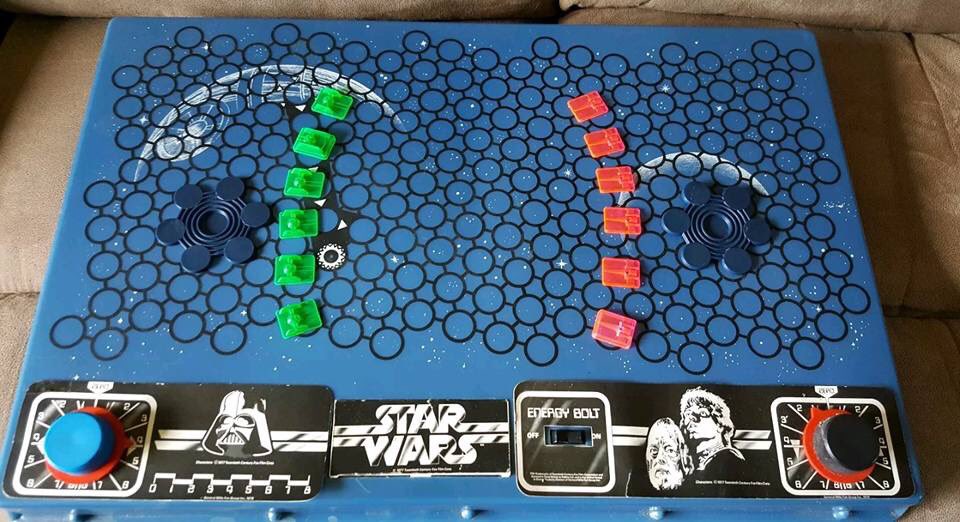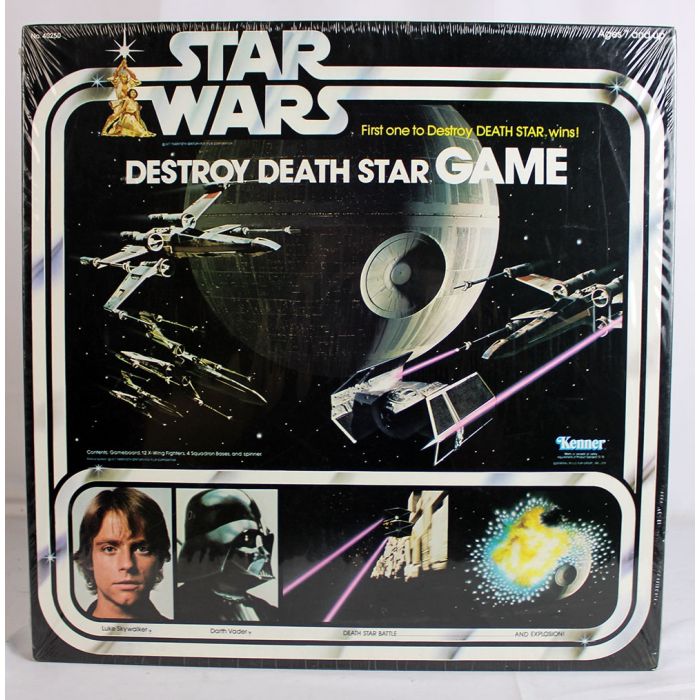
It wouldn’t have mattered if there had been hurricane force winds or Mini-Cooper-sized hail: that arrow would have found its mark. What always happens, what must inevitably happen, what the genre of the epic blockbuster prevents from not happening. The warrior and the dragon share a meaningful lookĪnd we can stop right here because you already knows what happens. Several ultimatums get issued here: “It’s you or me.” “It’s now or never.” “Come and get it.” “Smile you son-of-a-” Then the warrior and the dragon share a meaningful look. After a few airballs and glancing shots, he’s down to the last arrow. Dude parkours his way up to the top of the collapsing belltower, busts out the long-dormant crossbow built expressly for the purpose of shooting down this dragon, commits himself to save everyone or die trying, and then there ensues this suspenseful shoot-miss-shoot sequence where the warrior fires at Smaug’s one missing scale with a diminishingly full quiver. And, of course, there’s the older-but-not-too-old-to-fight warrior who knows Smaug’s one weakness. There’s the dragon, Smaug, doing its Beowulf-y dragon duty, burninating the town. You’ve seen it a hundred times, maybe most recently in Peter Jackson’s nine-hour exercise in self-congratulation, The Hobbit.

It’s an argument for what games can do that other media can’t because of their interactive and iterative natures.

Titan Souls takes a motif in film that’s so played out as to be empty, and uses it to create joy, triumph, and meaning in a context where we’ve come to expect the absence of all three.


 0 kommentar(er)
0 kommentar(er)
